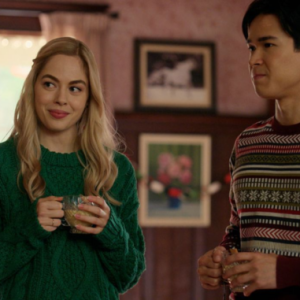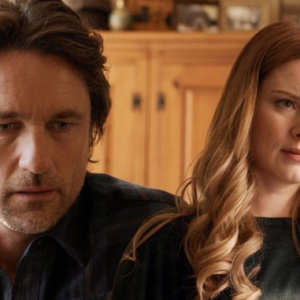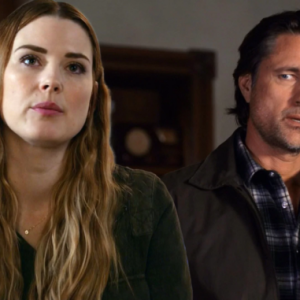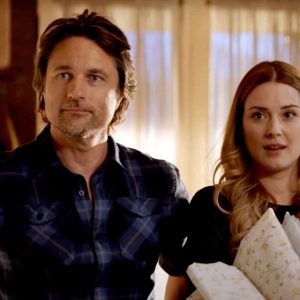In the emotionally charged landscape of “Virgin River,” characters
often navigate complex moral dilemmas and interpersonal conflicts.
While Brady initially appears to be the primary antagonist in the storyline involving Jack
and the drug-related issues in town, a deeper look reveals that Mike, the local sheriff, may be the real villain. This perspective challenges viewers to reconsider their assumptions about loyalty, justice, and the true nature of good and evil in the series.
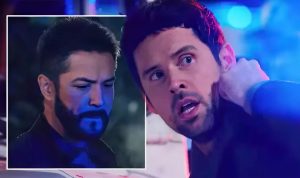
Mike’s Role in Virgin River
Mike is introduced as a seemingly reliable figure in the community, representing law and order. However, as the series progresses, his actions raise questions about his integrity and motivations. Unlike Brady, who often seems to be caught up in circumstances beyond his control, Mike operates with a calculated demeanor, making decisions that suggest he prioritizes his interests over the well-being of the community.
Manipulation and Control
One of the most significant aspects of Mike’s character is his tendency to manipulate situations to maintain control. While he portrays himself as a protector, he sometimes uses his position to intimidate others, including Brady, effectively positioning himself as a puppet master. This manipulation creates an environment of fear and mistrust, undermining the very principles of justice he is meant to uphold.
In contrast, Brady, despite his flaws and involvement in criminal activities, is portrayed as a more complex character. He struggles with his choices and often displays a desire to change. His character development invites sympathy, while Mike’s actions increasingly reflect a darker side, revealing the potential for corruption within authority figures.
Moral Ambiguity
“Virgin River” thrives on its exploration of moral ambiguity, and Mike’s character exemplifies this theme. His actions often blur the lines between right and wrong, showcasing how even those in positions of power can harbor ulterior motives. As viewers witness the unfolding drama, they are prompted to question the true nature of justice and whether it can be trusted when the enforcers themselves may be compromised.
Community Impact
Mike’s choices have far-reaching consequences for the community. His relationship with Jack becomes strained as the tension between law enforcement and personal loyalty comes to the forefront. While Jack seeks to protect his friends and community, Mike’s actions threaten to undermine those efforts, leading to a sense of disillusionment among residents.
This community-centric focus contrasts with Brady’s story arc, which primarily revolves around his internal struggles and attempts at redemption. The ripple effect of Mike’s decisions illustrates the broader impact of leadership on a small town, highlighting how one person’s abuse of power can destabilize an entire community.
A Different Kind of Villain
In the realm of “Virgin River,” the idea of the “bad guy” is multifaceted. While Brady may represent the typical villain archetype, Mike embodies a more insidious threat. His facade of authority and respectability allows him to operate under the radar, making his betrayal of trust even more impactful. This layered portrayal challenges viewers to confront their biases regarding who can be deemed a villain and the motivations that drive their actions.
Conclusion
As “Virgin River” unfolds, it becomes increasingly clear that Mike’s character adds a complex layer to the narrative. His manipulative tactics and moral ambiguity position him as the real bad guy, overshadowing Brady’s struggles for redemption. This shift in perspective invites viewers to engage in deeper discussions about power, morality, and the true nature of villainy within the context of a small community.
By reframing our understanding of the characters, “Virgin River” encourages us to look beyond surface appearances and recognize that the greatest threats can often come from those we trust the most. In the end, it’s a reminder that the battle between good and evil is rarely black and white, and that understanding human motivations can lead to a richer narrative experience.

